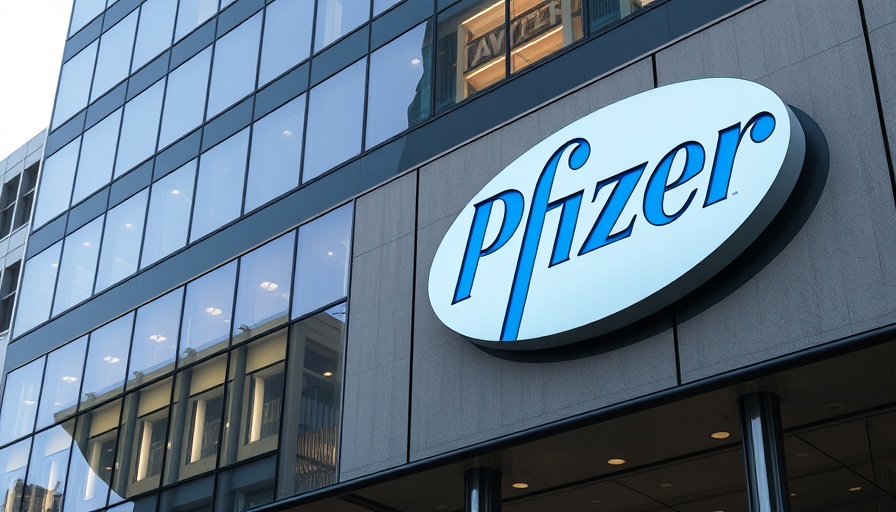
Pfizer's Groundbreaking Move Against Menstrual Migraine
In a significant step towards improving treatment options for women suffering from menstrual migraines, Pfizer has received approval from the Central Drugs Standard Control Organization (CDSCO) panel to conduct a Phase IIIb trial of its drug rimegepant. This comes at a crucial time as menstrual migraines affect a notable portion of the female population. Current treatments can often be inadequate or have adverse effects, leaving a gap that rimegepant aims to fill.
Understanding Menstrual Migraines
Menstrual migraines are a specific type of migraine linked to hormonal fluctuations during the menstrual cycle. Women may experience these migraines in the days leading up to their period, during their period, or sometimes both. According to the Migraine Research Foundation, over 25 million women in the U.S. experience menstrual migraines, which can severely disrupt daily activities. Rimegepant, a calcitonin gene-related peptide (CGRP) receptor antagonist, has shown promise in relieving pain and is designed to target the underlying mechanisms of migraine triggered by hormonal changes.
Expanding Upon Previous Trials
This Phase IIIb trial is part of an ongoing series of studies aimed at establishing the efficacy and safety of rimegepant. Previous studies demonstrated that rimegepant effectively alleviates migraine pain within 2 hours of administration, addressing a vital need for quick relief during flare-ups. By advancing to Phase IIIb, Pfizer aims to gather more comprehensive data which can lead to potential widespread adoption of the drug upon approval.
Societal Impact and the Need for Better Treatments
The societal implications of effective migraine treatment cannot be understated. Migraines can impair work productivity, disrupt family life, and significantly decrease quality of life. More than just a medical issue, menstrual migraines spotlight the broader theme of women's health and the need for more tailored solutions. When effective treatments become available, they can enhance the overall quality of life for millions of women suffering in silence.
The Future of Migraine Treatment: What’s Next?
The Phase IIIb trial sets the stage for addressing several critical questions. How does rimegepant compare with existing treatment options in terms of efficacy and side effects? Will patients respond differently to rimegepant based on other comorbid conditions or their unique biological makeup? The answers to these questions will not only influence regulatory decisions but also shape healthcare practices and patient choices going forward.
Counterarguments and Diverse Perspectives
While advocates hail the approval of rimegepant as a step forward, some experts urge caution, pointing out that new medication efficacy varies drastically among individuals. Some patients may find more success with alternative therapies or natural remedies that have been in use for years. This prompts an essential dialogue about personalization in treatment plans, encouraging healthcare providers to consider various options before settling on one definitive solution.
Call to Action: Advocating for Women's Health
As we await the results from the Phase IIIb trials, it is crucial to continue the conversation surrounding women's health, especially regarding menstrual migraines. Encouraging ongoing research and advocating for better healthcare policies that prioritize women’s health issues can lead to transformative changes in how these conditions are understood and treated.
 Add Row
Add Row  Add
Add 




Write A Comment